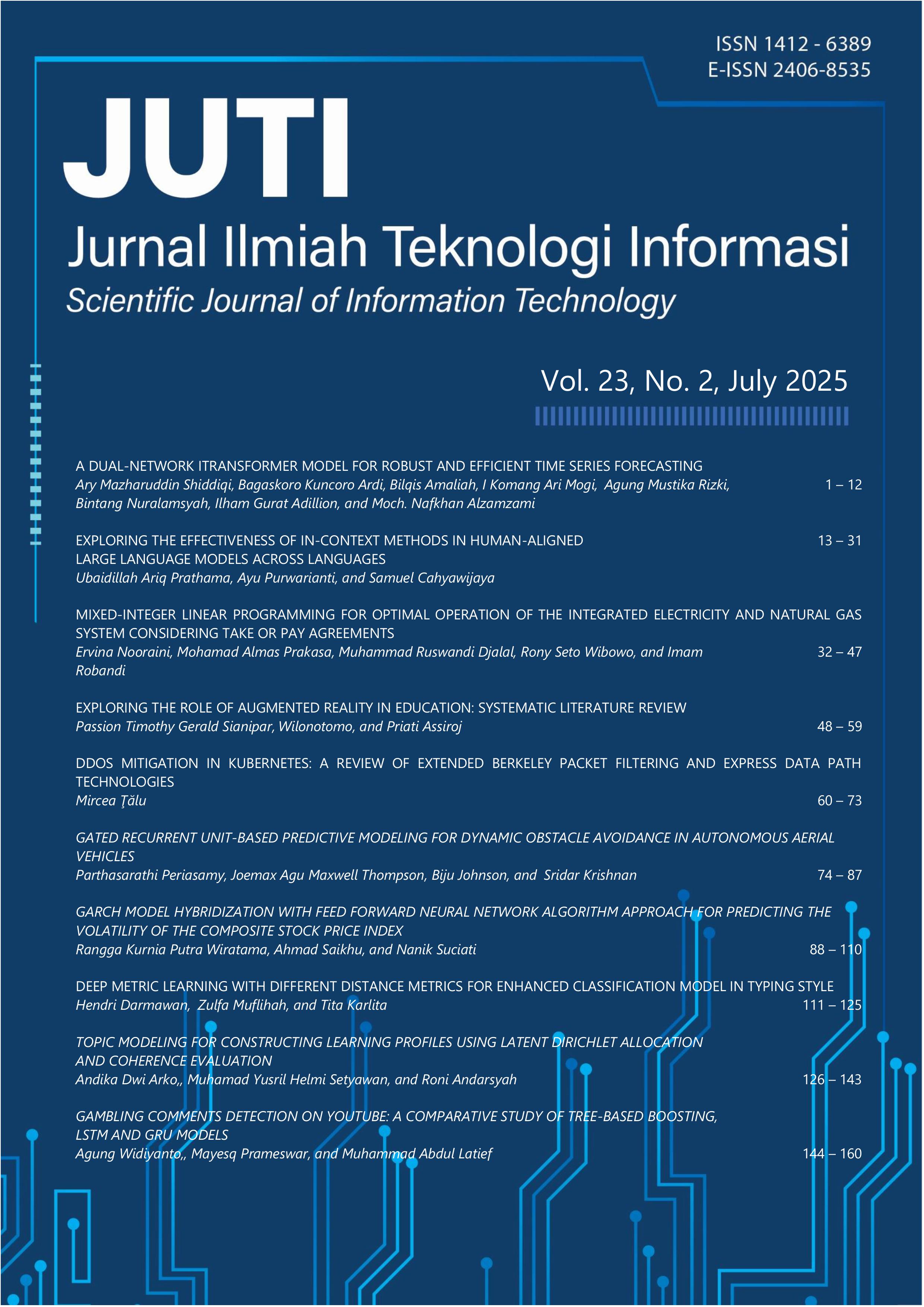DDoS Mitigation in Kubernetes: A Review of ExtendedBerkeley Packet Filtering and eXpress Data Path Technologies
Abstract
Kubernetes, as a widely adopted container orchestration platform, is increasingly targeted by sophisticated cyber threats, including Distributed Denial of Service (DDoS) attacks, which can severely compromise the stability, availability, and operational integrity of Kubernetes clusters by overwhelming the cluster’s control plane, disrupting pod scheduling, or saturating network resources. Emerging Linux kernel technologies, such as the Extended Berkeley Packet Filter (eBPF) and eXpress Data Path (XDP), offer innovative and efficient solutions to mitigate these challenges by enabling high-performance packet filtering, real-time traffic monitoring, and advanced intrusion detection directly within the kernel. These capabilities help reduce latency, enhance resource efficiency, and strengthen the security posture of modern cloud-native environments. This review explores advancements in network security by examining the integration of eBPF and XDP for defending Kubernetes environments against DDoS attacks. By analyzing existing studies and identifying their limitations, this review highlights the potential of these technologies to establish efficient, scalable, and adaptive mitigation frameworks. The insights gained from this research can guide the development of robust security policies tailored for modern containerized infrastructures.
Downloads
Downloads
Published
Issue
Section
License
Copyright (c) 2025 Mircea Ţălu

This work is licensed under a Creative Commons Attribution-ShareAlike 4.0 International License.
All papers should be submitted electronically. All submitted manuscripts must be original work that is not under submission at another journal or under consideration for publication in another form, such as a monograph or chapter of a book. Authors of submitted papers are obligated not to submit their paper for publication elsewhere until an editorial decision is rendered on their submission. Further, authors of accepted papers are prohibited from publishing the results in other publications that appear before the paper is published in JUTI unless they receive approval for doing so from the Editor-in-Chief.
JUTI open access articles are distributed under a Creative Commons Attribution-ShareAlike 4.0 International License. This license lets the audience to give appropriate credit, provide a link to the license, and indicate if changes were made and if they remix, transform, or build upon the material, they must distribute contributions under the same license as the original.












